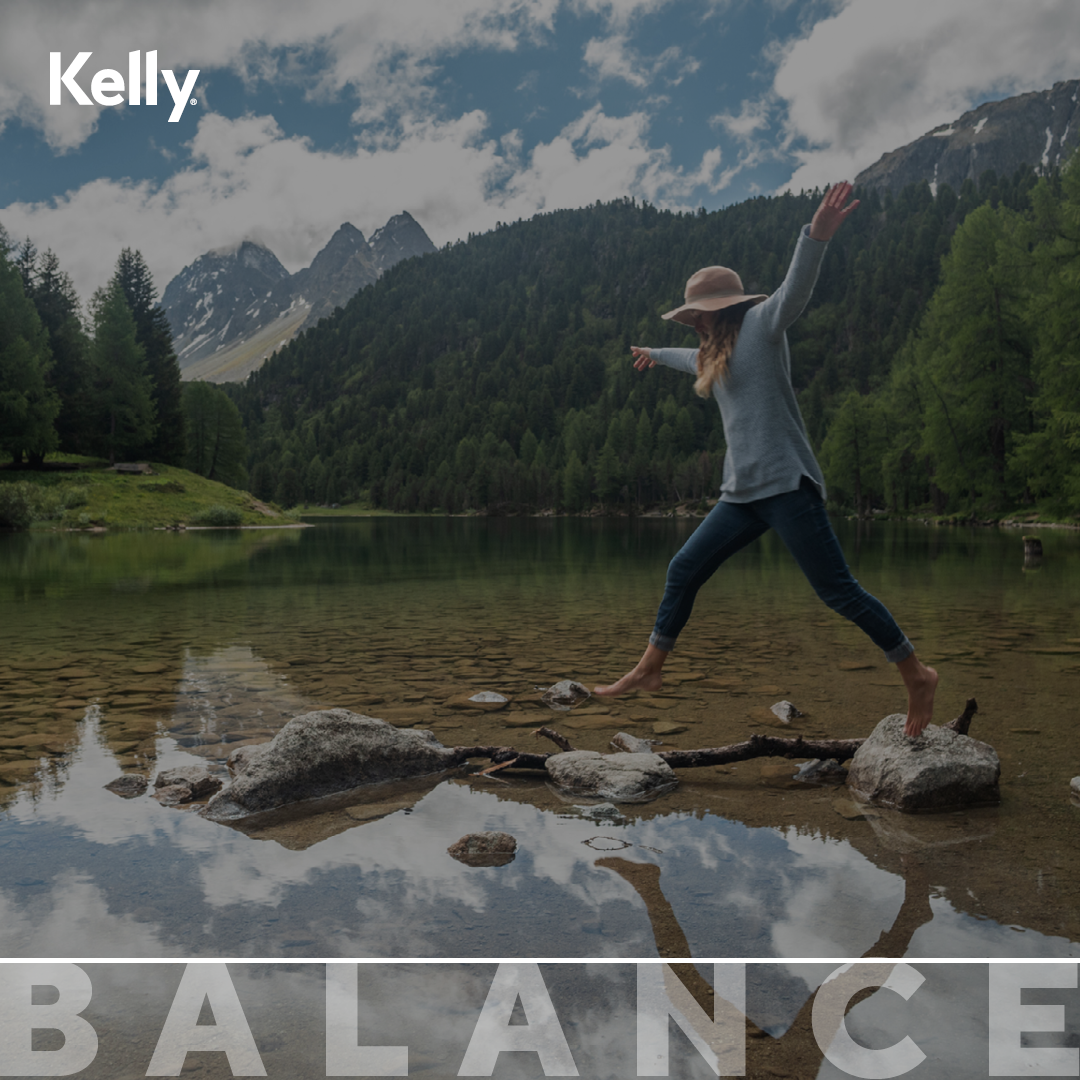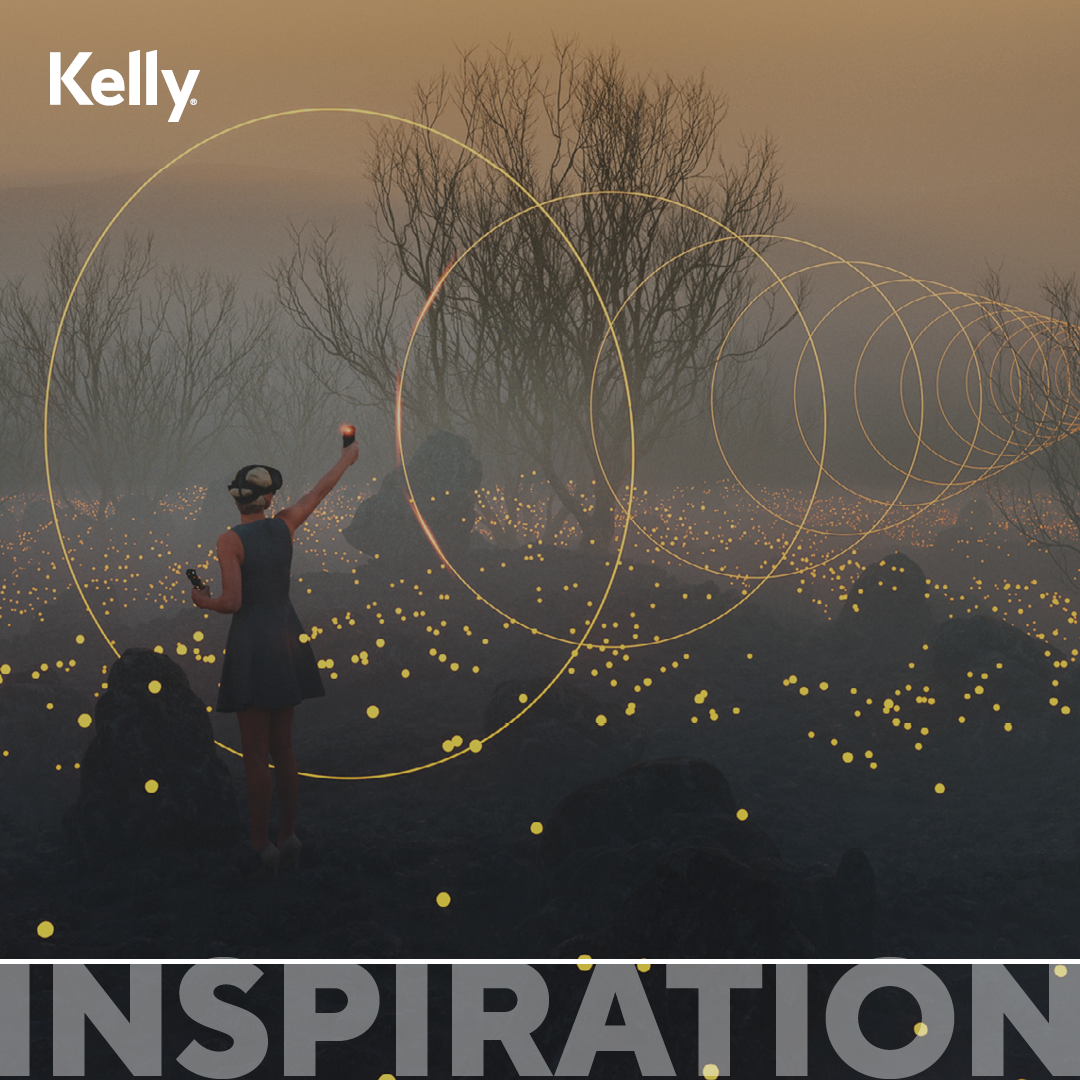
In de hyperverbonden wereld van vandaag kun je je niet verbergen voor het nieuws. Het wacht overal op je, zodra je online gaat of de tv of radio aanzet. Tenzij je een kluizenaar bent die in een hut in het bos woont, zijn we allemaal - in meer of mindere mate - het slachtoffer van 24-uurs nieuws. Dit kan snel ontaarden in doemscrollen - een constante consumptie van steeds meer slecht nieuws waardoor je mentaal uitgeput en volledig overweldigd wordt. In deze blog kijken we naar eenvoudige manieren om zelfs op de meest turbulente dagen een beter evenwicht en innerlijke kracht te vinden.
Omgaan met situaties waar je geen controle over hebt
Psychologen zeggen dat het absoluut normaal is om paniek te ervaren, zelfbeheersing te verliezen en een gevoel van verdriet te voelen over de dingen die in de wereld om ons heen gebeuren. Maar als ze je verlammen om in je eigen leven te functioneren, moet je kijken naar manieren om deze gevoelens effectiever te beheersen. Een van de eenvoudigste vragen om te stellen is: ‘Wat kan ik doen om deze situatie te veranderen of te beïnvloeden?’ Soms is het antwoord op deze grote vraag ‘niets’. Het eerste deel van het omgaan met een intense betrokkenheid bij negatief nieuws is dit feit te accepteren en jezelf toe te staan een deel van het schuldgevoel los te laten dat hand in hand kan gaan met doemscrollen.
Herbedrading van je hersenen
Onze hersenen kunnen snel verslaafd raken aan slecht of eng nieuws en het is belangrijk om de activiteit die verband houdt met dit soort nieuws te beperken en ervoor te zorgen dat je tijd besteedt aan andere, positievere activiteiten. Misschien pak je dat renovatieproject op waar je het al maanden over hebt, begin je aan een nieuwe trainingsroutine, doe je vrijwilligerswerk of breng je tijd door met familie, vrienden of huisdieren. De activiteit kan van alles zijn, maar het zou je weg moeten halen van een scherm en weg van rollende nieuwsfeeds. Dit betekent niet dat je alle nieuwsconsumptie moet opgeven, maar het betekent wel dat je de rest van je tijd moet besteden aan positievere activiteiten.
Online limieten instellen
Hoe lang zit je per dag op je telefoon? Echt? Telefoonverslaving is echt en het raakt meer van ons dan we misschien beseffen. Stel limieten in, gebruik online productiviteits-apps, leg je telefoon op bepaalde tijden in een la, doe wat je moet doen om je hersenen wat ademruimte te geven. Onthoud dat altijd en overal verbonden zijn met iedereen en alles, een heel nieuw fenomeen is en niet bijzonder gezond. Beperkingen op de schermtijd kunnen ons helpen om ons rustiger, gelukkiger en productiever te voelen.
Blijf kalm, ga door en leg je telefoon neer. Misschien zou dat onze mantra voor de jaren 20 moeten zijn...







